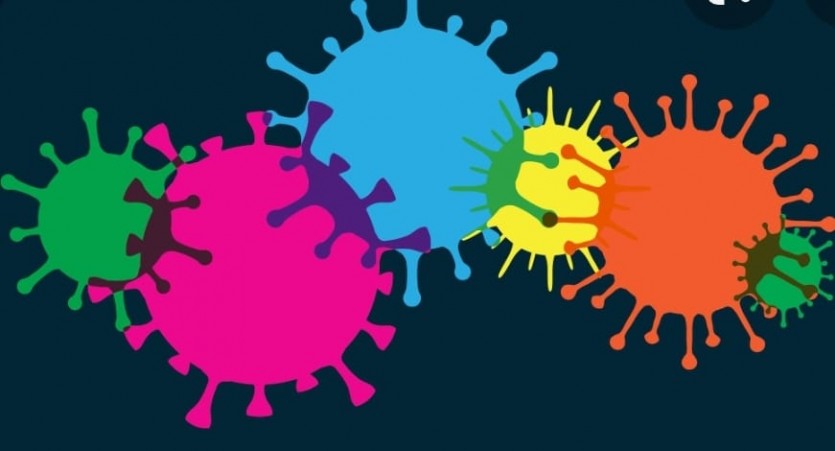Omicron and My Fears of getting COVID-19
페이지 정보

본문
South Korea retreated from its pandemic response strategy known as “test, trace, treat” on the premise that with omicron, COVID-19 had transformed into a more flu-like disease.
Contact tracing came to an end, and the isolation period for people with COVID-19 was cut to seven days after receiving the initial positive test. Eventually, quarantine requirements for close contacts were scrapped. Access to resources like polymerase chain reaction tests became restricted, reserved primarily for people 60 and older. This policy shift at the dawn of the omicron age was guided by the notion that a surge led by the milder virus could help the country reach the endemic stage.
The country pioneered the use of quick testing and high-tech contact tracing early on, using lessons learned from previous epidemics. While it’s seen more than 8 million cases since the start of 2020, Korea has never locked down and managed to overcome a slow start to vaccination by looking beyond those first shots to prioritize supplies of boosters, which have been targeted at the elderly.
As omicron took hold in late January, rather than being overwhelmed, Korea doubled down on testing. Like many countries, the testing strategy was expanded to include rapid antigen tests. But unlike elsewhere, those who test positive at home still have to go to a government-run PCR testing center for confirmation. From there, positive cases who are asymptomatic or have mild symptoms are required to quarantine at home, while those deemed at high-risk of serious illness are sent to hospitals for care and treatment.
“It is more ideal to use PCR tests with high accuracy in as many places as we can, yet the adoption of the rapid antigen test is a measure to protect the high-risk group that has a greater risk of getting severely ill,” the KDCA said in a statement.
It was a Tuesday, my friend called to tell me we tested positive for covid. And because we were together on Monday, she told me to go and test for covid, because maybe I might have it as well. I was so scared because getting covid, I was in contact with so many people. I have a family, I have friends. I was very, very scared to get covid, the fear of having covid, the fear of staying in quarantine. So, I went to the Health Center and tested, but luckily my result was negative but still, I was like, I should just isolate myself for few days, maybe I might have it too. So, I stayed at home for a few days, but I was okay. I was fine, but I was really scared. I was really in fear because I was like, all the people I met the same Monday, my classmate, my family. My friend and her family spent seven days indoors. They didn't have to take any medication because they were all fine. I was happy because I stayed few days in the house and had time to rest.
- PrevAir Pollution as a Boomerang for Humans 22.04.27
- Nextbeing a student during covid. 22.04.26
댓글목록
There are no registered comments.

